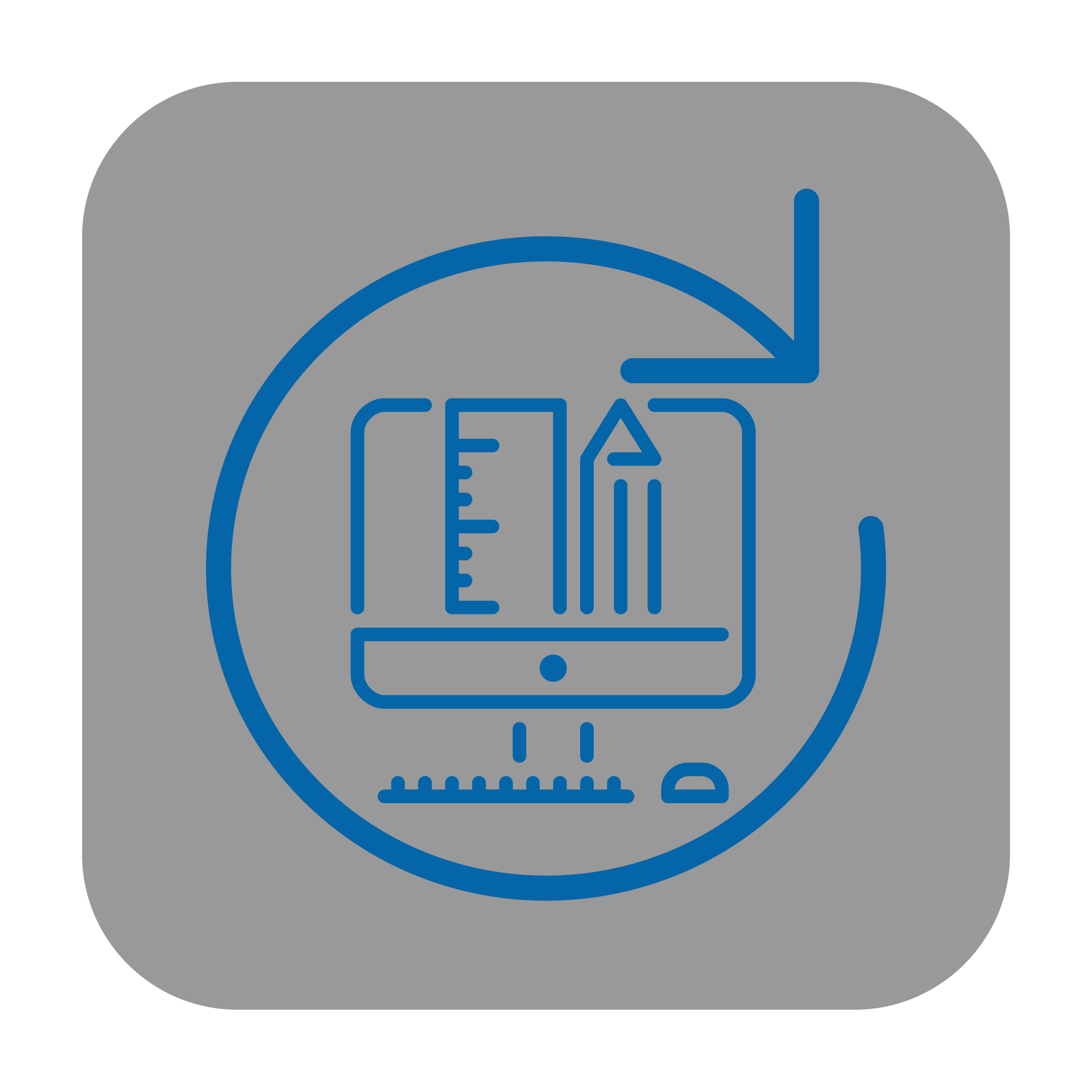AI Engineer

- Certification
This certification is an opportunity for you to demonstrate knowledge of machine learning and AI concepts and related Microsoft Azure services. As a candidate for this certification, you should have familiarity with the self-paced or instructor-led learning material. This certification is intended for you if you have both technical and non-technical backgrounds. Data science and software engineering experience are not required. However, you would benefit from having awareness of: Basic cloud concepts Client-server applications You can use Azure AI Fundamentals to prepare for other Azure role-based certifications like Azure Data Scientist Associate or Azure AI Engineer Associate, but it’s not a prerequisite for any of them. You may be eligible for ACE college credit if you pass this certification. See ACE college credit for certification exams for details.

- Certification
As a Microsoft Azure AI engineer, you build, manage, and deploy AI solutions that leverage Azure AI. Your responsibilities include participating in all phases of AI solutions development, including: Requirements definition and design Development Deployment Integration Maintenance Performance tuning Monitoring You work with solution architects to translate their vision. You also work with data scientists, data engineers, Internet of Things (IoT) specialists, infrastructure administrators, and other software developers to: Build complete and secure end-to-end AI solutions. Integrate AI capabilities in other applications and solutions. As an Azure AI engineer, you have experience developing solutions that use languages such as: Python C# You should be able to use Representational State Transfer (REST) APIs and SDKs to build secure image processing, video processing, natural language processing, knowledge mining, and generative AI solutions on Azure. You should: Understand the components that make up the Azure AI portfolio and the available data storage options. Be able to apply responsible AI principles.

- Applied Skill
To earn this Microsoft Applied Skills credential, learners demonstrate the ability to develop AI agents by using Azure OpenAI Service and the Semantic Kernel SDK. Candidates for this credential should be familiar with Visual Studio Code, C# programming, and Azure OpenAI.

- Applied Skill
To earn this Microsoft Applied Skills credential, learners demonstrate the ability to build computer vision solutions by using Azure AI Vision. Candidates for this credential should have a solid understanding of working with Azure AI Vision models, both prebuilt and custom, through Vision Studio and in code. They should also have experience programming in either Python or C#, be familiar with the Azure portal, and be comfortable provisioning Azure AI resources.

- Applied Skill
To earn this Microsoft Applied Skills credential, learners demonstrate the ability to develop generative AI solutions with Azure OpenAI Service. Candidates for this credential should be familiar with Azure services and have experience developing applications by using C# or Python.

- Applied Skill
To earn this Microsoft Applied Skills credential, learners demonstrate the ability to create a natural language processing (NLP) solution by using Azure AI Language. Candidates for this credential should have a solid understanding of creating and using various Azure NLP models through both Language Studio and in code, including custom models. They should also have experience programming in either Python or C#, be familiar with the Azure portal, and be comfortable provisioning Azure AI resources.

- Applied Skill
To earn this Microsoft Applied Skills credential, learners demonstrate the ability to create and implement Azure AI Document Intelligence solutions. Candidates for this credential should have a solid understanding of creating and using Document Intelligence models through both Document Intelligence Studio and in code. They should also have experience programming in either Python or C#, be familiar with the Azure portal, and be comfortable provisioning Azure AI resources.
